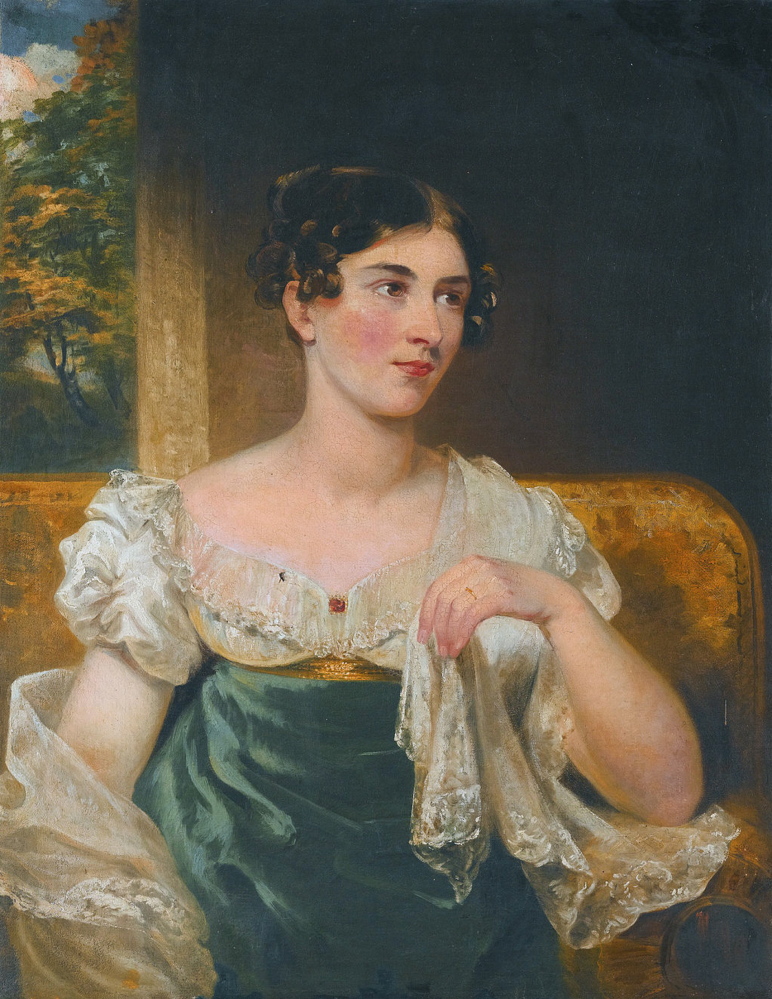In an April review for the Portland Press Herald, I raved about the University of Southern Maine Youth Ensemble’s brilliant performance of two movements from Berlioz’ Symphonie Fantastique. I would walk miles to hear anything by Berlioz and, after “Les Nuits d’Été” (every Maine yachtsman should have a recording of “L’ile Inconnue” for a musical depiction of sailing that has never been equaled), Symphonie Fantastique is my favorite.
The Portland Symphony Orchestra is going to take a crack at the whole thing on Nov. 11, and I can’t wait.
The Symphonie Fantastique is one of the most Romantic confections of the period; its origin is equally romantic. It sprang from Berlioz’ infatuation with British actress Harriet Smithson, whom he had seen as Ophelia in a production of “Hamlet.”
She spurned his advances, and he eventually poisoned himself with an overdose of opium in her presence, being saved by an emetic. Leonard Bernstein and others have suggested that Berlioz wrote his symphony under the influence of opium.
The composer’s passion did not prevent him from being engaged to a piano student or having an affair in Italy. He and Harriet finally got married but separated after a few years.
His real revenge, however, had already occurred with the performance of the symphony in 1830 and its immediate popularity. In the final movement, the dead hero attends a witches’ sabbath and his inamorata, personified by a Wagnerian motif, takes part in the orgy.
Every aspect of the symphony’s five movements is explained in voluminous program notes that Berlioz wrote himself, since, as he said, it was an opera without words.
His friend, Felix Mendelssohn, was not amused.
In a letter to his mother, written in 1831, Mendelssohn ridicules all five movements, concluding: “How utterly loathsome all this is to me, I don’t have to tell you. To see one’s most cherished ideas debased and expressed in perverted caricature would enrage anyone, and yet this is only the program. The execution is still more miserable, nowhere a spark, no warmth, utter foolishness, contrived passion, represented through every possible exaggerated orchestral means (here he describes the scoring) used to express nothing but indifferent drivel, mere grunting, shouting, screaming back and forth. And when you see the composer himself, that friendly, meditative person … when you see how keenly and correctly he evaluates and recognizes everything, yet is in complete darkness about himself – it is unspeakably dreadful, and I cannot express how deeply the sight of him depresses me. I have not been able to work for two days.”
Strangely enough, another contemporary, Robert Schumann, immediately recognized its greatness: “Berlioz does not try to be pleasing and elegant; what he hates, he grasps fiercely by the hair; what he loves, he almost crushes in his fervor.” Maine audiences can decide for themselves who was right next month.
Christopher Hyde is a writer and musician who lives in Pownal. He can be reached at:
classbeat@netscape.net
Send questions/comments to the editors.



Success. Please wait for the page to reload. If the page does not reload within 5 seconds, please refresh the page.
Enter your email and password to access comments.
Hi, to comment on stories you must . This profile is in addition to your subscription and website login.
Already have a commenting profile? .
Invalid username/password.
Please check your email to confirm and complete your registration.
Only subscribers are eligible to post comments. Please subscribe or login first for digital access. Here’s why.
Use the form below to reset your password. When you've submitted your account email, we will send an email with a reset code.